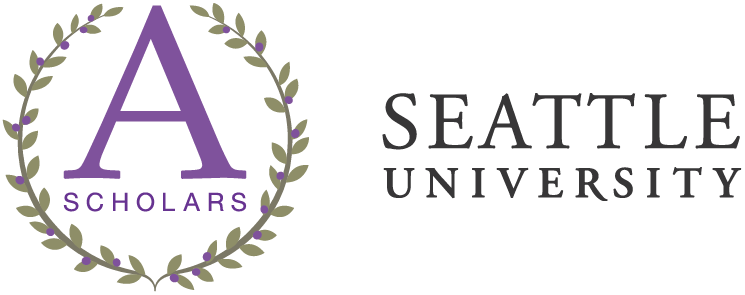The Migration of Medical Professionals from Dictatorships to the United States of America: Why America Resists to Benefit from the Brain Drain
In the United States, the Migration Policy Institute reported 263,000 immigrants have degrees in health-related fields yet do not hold those positions in the healthcare system due to existing rigid licensing regulations. Despite the growing shortage of doctors which is predicted to reach the levels between 54,100 and 139,000 physicians by 2033, these regulations still create an unnecessary, timely, and costly barrier for already experienced physicians. In the light of the Global COVID-19 pandemic, a number of possible solutions to ease the licensing process came out of the shadows. The main goal of this presentation is to explore the reasoning for marginalization of the immigrant medical cohort and the ways it is supported by the US authorities. In addition, some foreign practices of legitimation of immigrant healthcare workers will be explored and suggested for implementation to the US system.
Viktoria Buina, Diagnostic Ultrasound ‘22
Viktoria Buina is studying diagnostic ultrasound at Seattle University. Her goal is to become a medical sonographer with a focus on cardiovascular sonography of fetuses, newborns and older kids with congenital heart defects. As a recent escaper from a dictatorial regime and a skilled practical medical ICU nurse with a background of volunteering with non-profit medical organizations in middle- and low-income countries, Viktoria encountered a complicated, multi-level licensing system for immigrant medical workers and thus cannot practice in the US without acquiring local credentials or degree. She is devoted to promotion of changes in the professional xenophobia existing in the US and to creation of a safe environment for this cohort to make a good use of their professional expertise. Additionally, Viktoria is a Member of Seattle University’s Alfie Scholars research cohort, where she sharpens the leadership and research skills necessary for becoming an advocate for changing American licensing requirements for immigrant medical workers.

